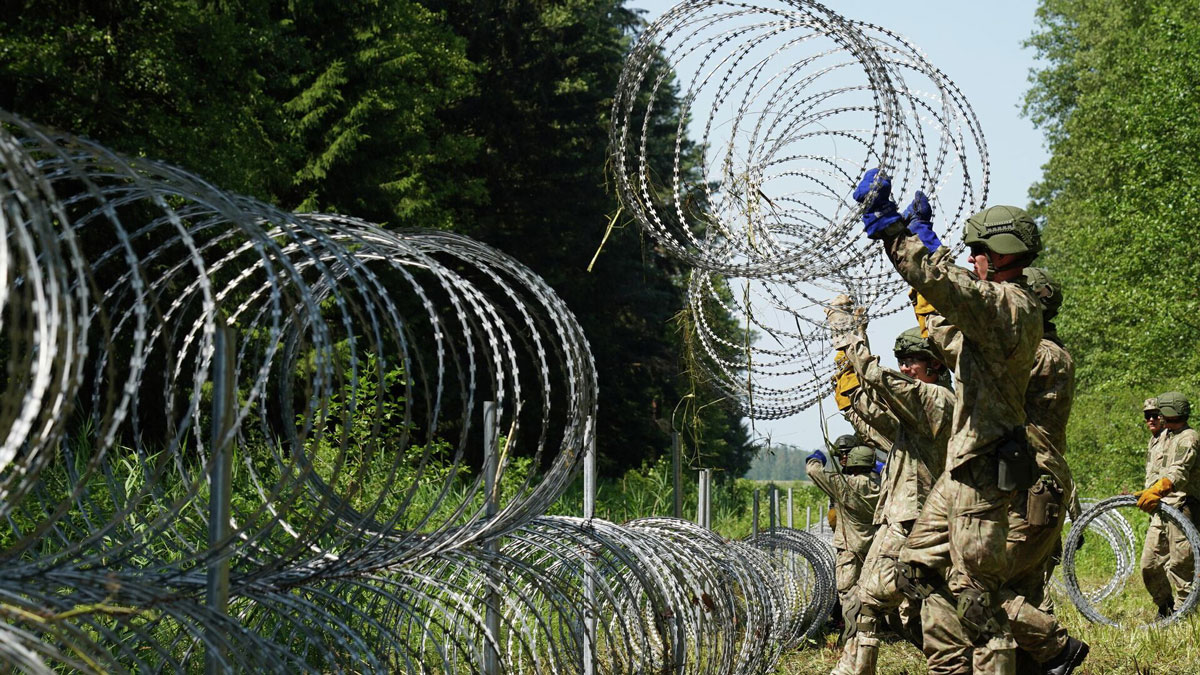At the Schengen border, European countries do not stop trying to build walls with barbed wire in the hope of isolating themselves from Russia and tourists for their peace of mind. A group of European countries is demanding that the European Commission donate money to build border walls, but some are against it. This requirement was the cause of a lengthy debate in the European Union.
The issue of border protection has long been a topic of discussion, sparking debate about the effectiveness and ethics of physical barriers. Some time ago, 12 Member States sent a letter to the European Commission opining that border barriers are an effective way to improve the protection of the EU’s borders. They did not get tired of pointing out the need to finance physical infrastructure from EU funds, especially in the face of increased migration flows.
“We agree that physical infrastructure, including physical barriers with barbed wire, is an effective defense, especially when migration is used for political purposes. Therefore, we call on the EU to consider the issue of financing physical infrastructure from EU funds,” the European Council said in a collective appeal to the EC.
A new attempt to get what they wanted was made by eight countries – Hungary, Romania, Slovakia, Poland, Estonia, Latvia, Lithuania, and Norway. They are convinced that funding should come from the common EU fund.
However, there were also critics in the European bloc. In their opinion, the persistent proposal of colleagues is not new. Thus, over the past eight years, Member States have already built more than 1,700 km of walls to prevent migrants and refugees from illegally crossing the border. However, such barriers raise concerns about human rights violations and addressing the root causes of migration. At the same time, the report of the Transnational Institute for the pre-Covid 2019 indicated the willingness of the European Commission to fund border security measures, such as surveillance, sensors, vehicles, and buildings, and not just physical barriers.
However, it is not yet clear how the European Commission will respond to this new call and whether it will reconsider its position on supporting the construction of border walls. It is worth noting that in many of the countries actively advocating border fences with barbed wire, physical barriers have already been installed; that is, EU colleagues are protected from each other. For example, Lithuania has a wall bordering neighboring countries Finland and Poland.

